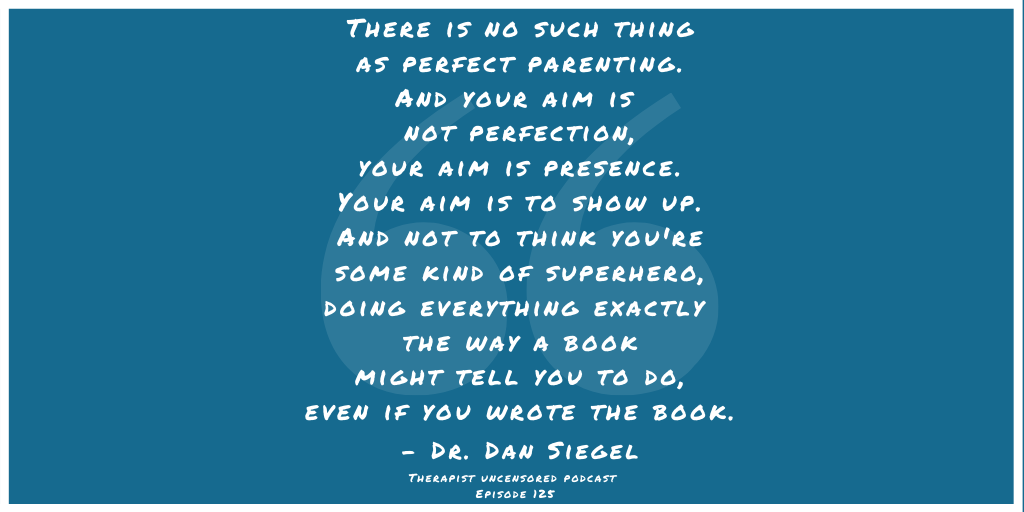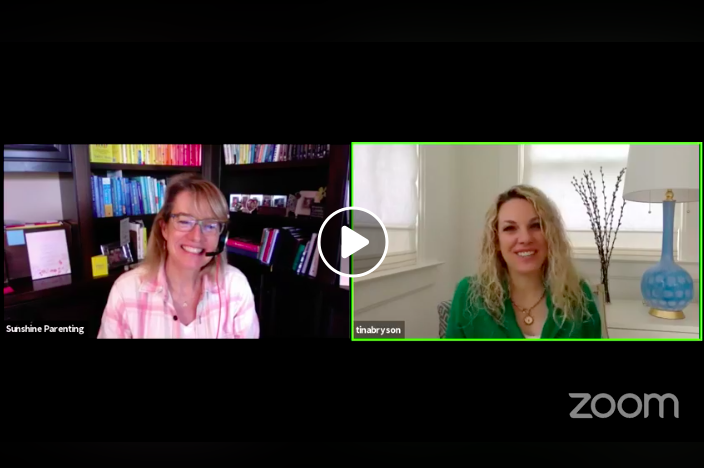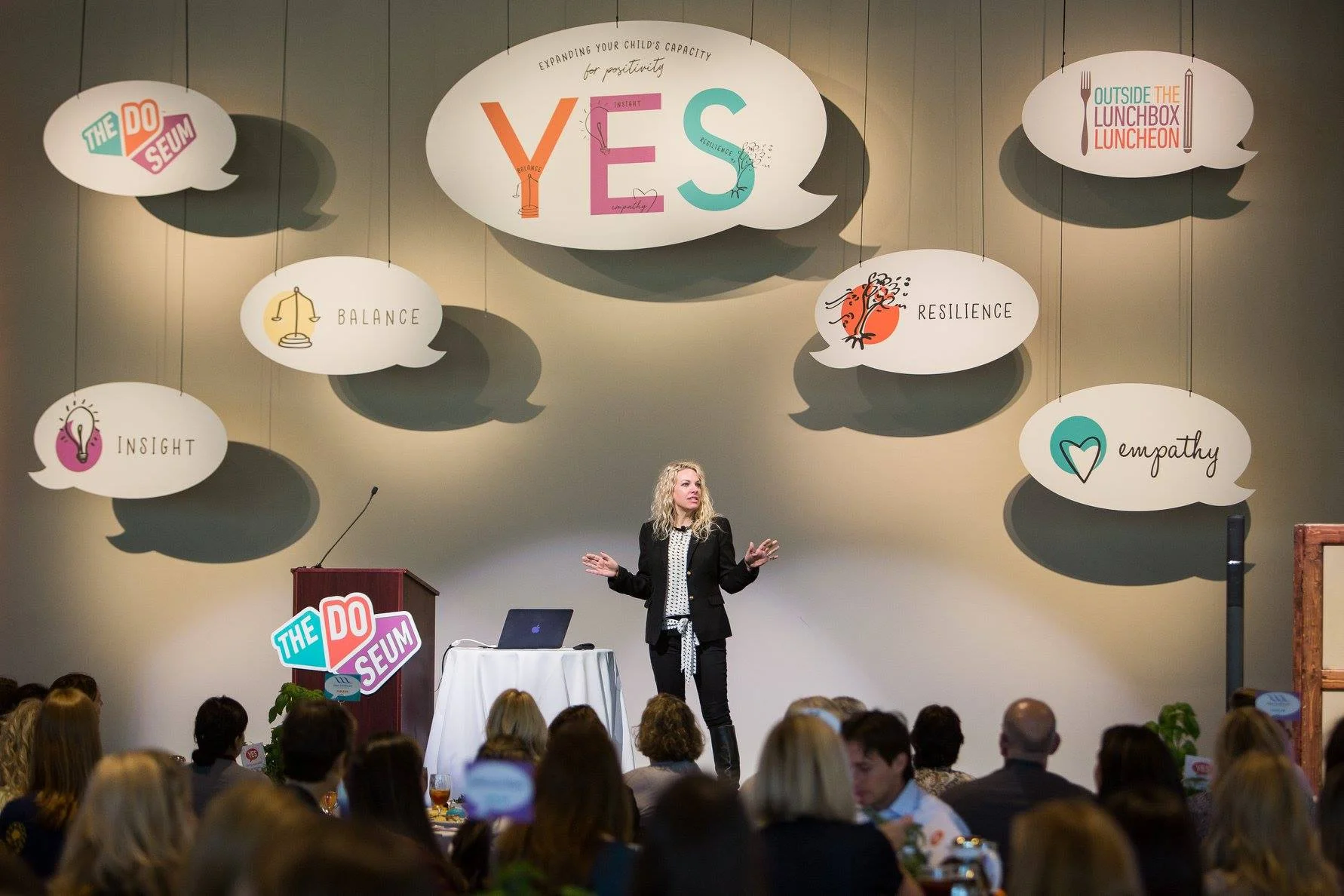Mistake Mondays is a short series I recorded over a couple of months. In each video, I talk about discipline mistakes we all make regularly and what we can do instead. These ideas come from my book NO-DRAMA DISCIPLINE, co-written with Dr. Dan Siegel. (Click here to get your copy: https://amzn.to/36tadkN)
A quick note before you watch the series: one of the messages I often speak about is letting go of parental perfectionism.
First, there’s no such thing as perfection. We’re all human, and we all make mistakes. The important part is what you do after that.
When we don’t parent in a loving way in a moment, as long as a repair is made and the child experiences the parent as a stabilizing secure base, the child learns they can rely on the parent to show up for them. So really, as parents, we will mess up, but we can free ourselves from the trap of trying to be perfect. By embracing mistakes and letting go of a perfectionist mindset, we can actually model for our children that it’s OK not to be perfect. If you were perfect all the time, your children would think they have to be perfect, too!
Second, as parents, sometimes we act in ways that surprise us. For the good, or for the bad. When we lose it or act immature or become impatient and reactive, it’s an opportunity to explore and become curious about what happened there for us. It’s an invitation to get in touch to what we’re feeling and experiencing so that we can be more intentional about preventing these kinds of moments in the future.
For example, when we flip our lids, we can pause and say, “Okay, what was that about for me?” And sometimes what it was about is that we haven’t gone to the bathroom by ourselves in a year and we’re hungry, tired, lonely, resentful, and our kid just wiped their nose and some peanut butter on us. Other times, our past can intrude into our present and can trigger big responses that might not even make sense to us. In this case, we want to become curious about whether there’s something from the past that’s getting activated.
If so, we can shine the light of awareness on it and say, “OK, when I get mad it’s not about now, it’s about the past. And next time I feel this way, I can bring myself back into this present moment and focus on this moment.” In this way, by being curious and reflecting, we aren’t as ensnared by the past. It doesn’t control us in the same way and we begin to have choice.
Third, check out this blog which I lovingly titled, “The Parenting Hall of Shame: Now Accepting Members”: https://www.tinabryson.com/news/the-parenting-hall-of-shamenbsp-now-accepting-members





















